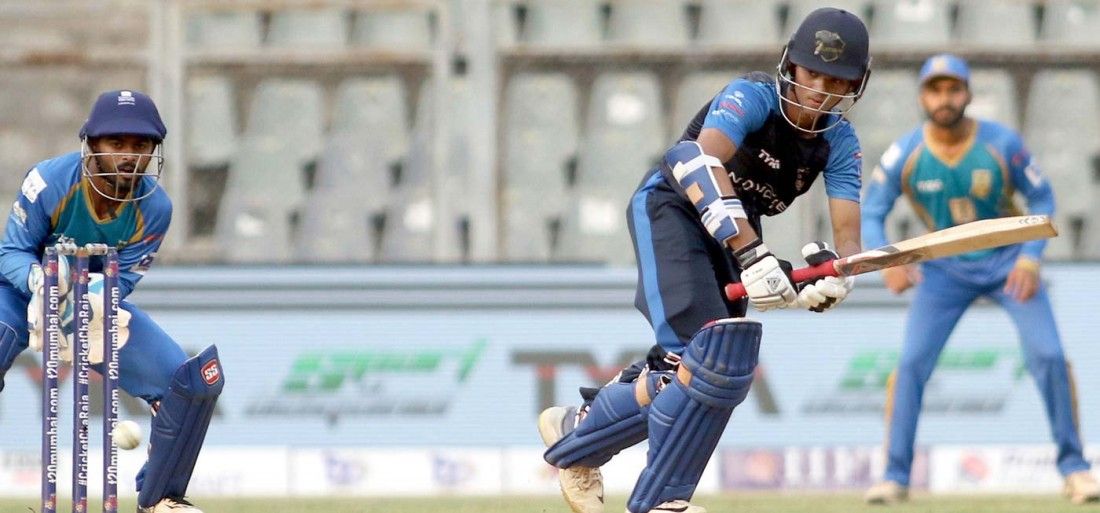When you are truly passionate, no dream is too big – that’s the biggest takeaway from Yashasvi Jaiswal’s inspiring story.
This young boy has come a long way as he slammed a majestic century against Pakistan to fire India into final of the ICC Under-19 Cricket World Cup in South Africa. He is also the current top-scorer of the tournament and is waving the Indian flag high. Jaiswal, however, became the talk of the town after his heroics in the Vijay Hazare trophy late last year where he became the youngest to score a double hundred in 50-over cricket. His rise from an extremely humble background makes for yet another amazing story in Indian cricket.
Jaiswal, son of a small shopkeeper in Bhadohi, Uttar Pradesh, moved to Mumbai at the age of 11 with a dream to represent his nation one day. For three years, Jaiswal lived with groundsmen in the Muslim United Club’s tent at the Azad Maidan ground in Mumbai.Since he was struggling to make ends meet; he started selling pani-puri in the evenings and also sold fruits to earn a living. In addition, Jaiswal also used to play matches with older boys to earn Rs 200-300 per week.
Since he was busy all day, looking for work or playing cricket, it was the nights that were a little harder. He said, “I would miss my family and would cry. It was not just being homesick but going to the toilet was a hindrance to sleep. There was no toilet at the maidan, and the one near Fashion Street that I used was closed at night.”
Things started changing for the better for Yashasvi when a local coach Jwala Singh met him and took him under his wing. Also hailing from UP, Jwala saw himself in Yashasvi. From living in a tent to a small chawl now, this seems like a good upgrade for now for Yashasvi, but going by his drive to succeed, things will surely keep getting better for him.
When asked about pressure of the game, he said, “You are talking about mental pressure in cricket? I have faced it daily in my life for years. Those have made me strong. Scoring runs is not important. I know I will score and take wickets. For me, whether I get the next meal or not, that’s important.”








